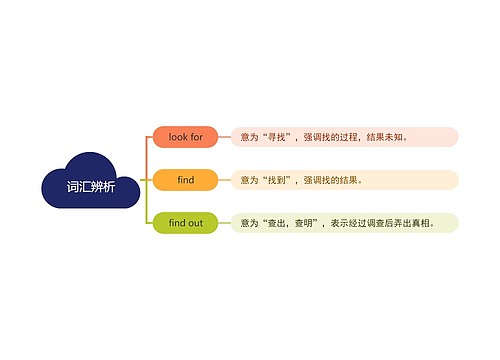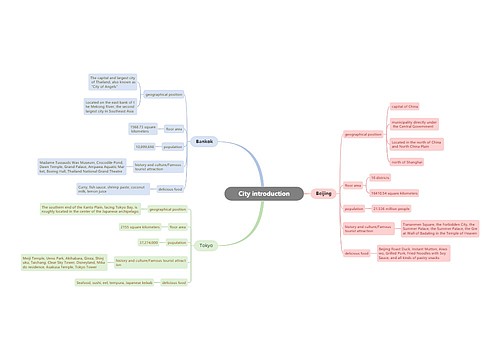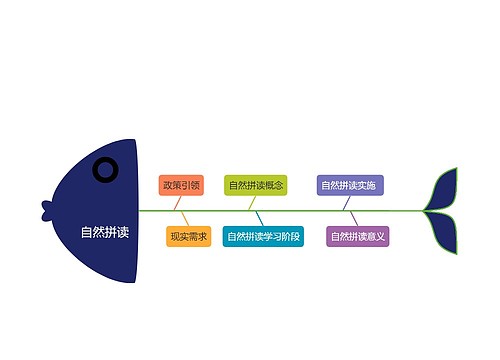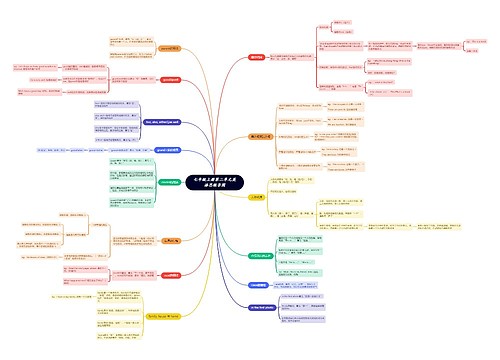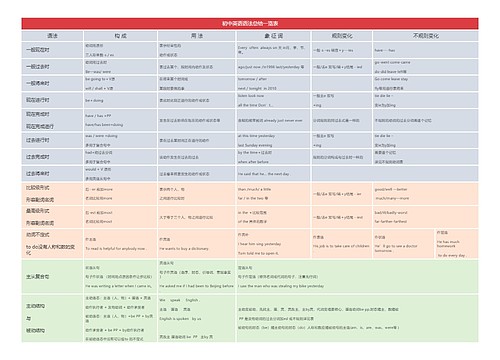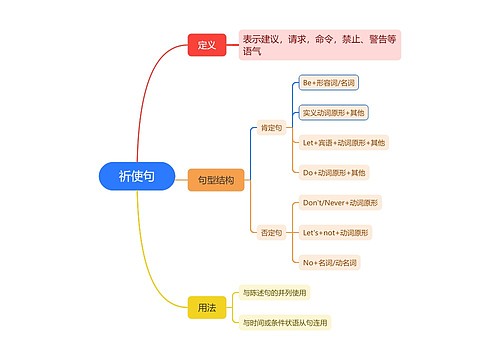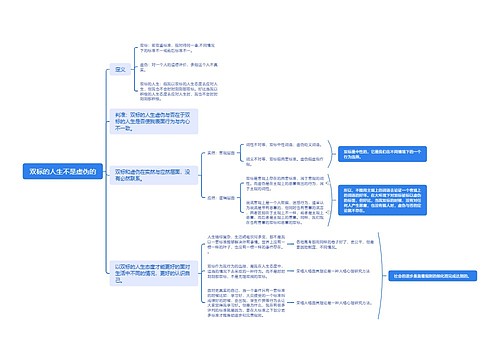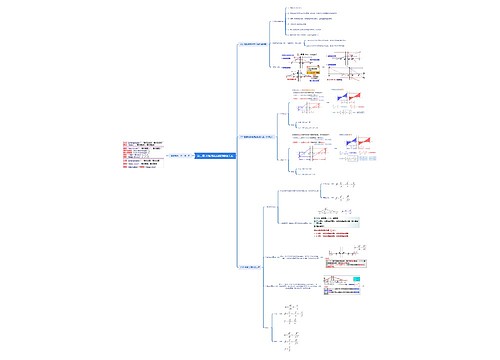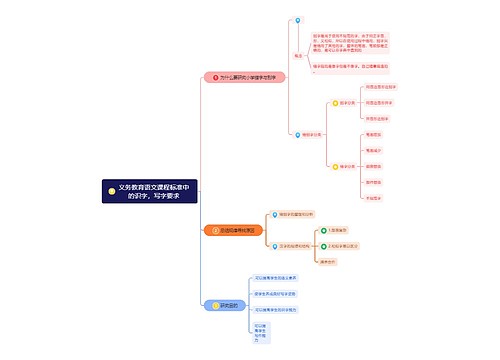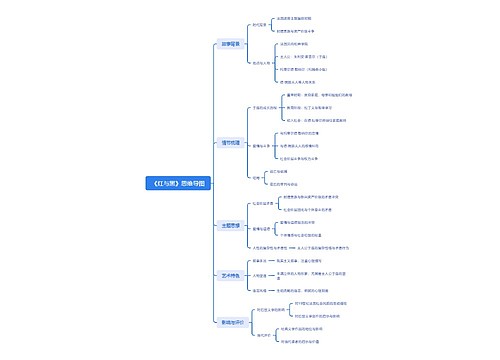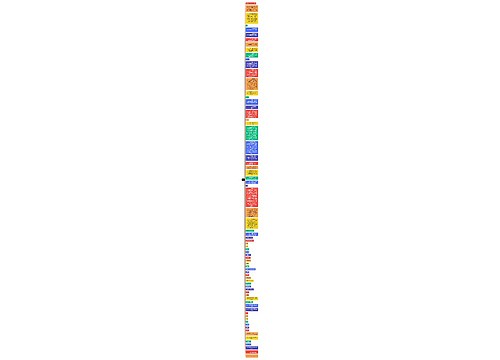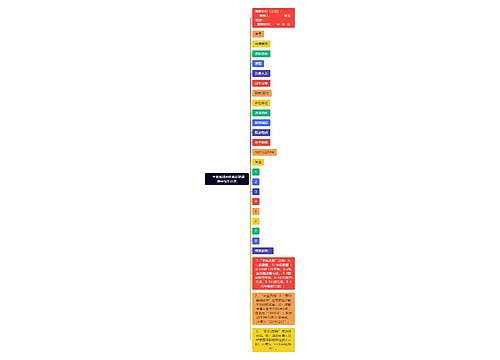
AI不能取代优秀教师 | 双语阅读思维导图
U164149258
2024-04-17

优秀教师
东北大学
AI智适应教育
双语阅读学习内容
树图思维导图提供《AI不能取代优秀教师 | 双语阅读》在线思维导图免费制作,点击“编辑”按钮,可对《AI不能取代优秀教师 | 双语阅读》进行在线思维导图编辑,本思维导图属于思维导图模板主题,文件编号是:24ceae203d32f3709ee938e7a5dfebcb
思维导图大纲
相关思维导图模版
AI不能取代优秀教师 | 双语阅读思维导图模板大纲
如今,在AI技术的赋能下,各行业产业之间的融合发展态势与日俱增。聚焦到教育行业,英国《金融时报》专栏作家约翰·桑希尔认为,我们的学校系统有“工业化”的危险,而教育技术有可能加剧这种工业化,但科技不能取代由教师传授的人文技能。
全文共
Norbert Wiener was one of the first, and most enthusiastic, champions of automation and machine intelligence. But the father of cybernetics, as he was known, was convinced of the continuing value of humans in a more mechanised world.
诺伯特•维纳(Norbert Wiener)是自动化和机器智能的最早也是最热烈的拥护者之一。但人称“控制论之父”的维纳确信,人类在一个更机械化的世界中仍有长久不衰的价值。
In a book published in 1950 called The Human Use of Human Beings, Wiener argued that automation could deliver huge gains to society. But it must only be used for “the benefit of man, for increasing his leisure and enriching his spiritual life, rather than merely for profits and the worship of the machine”.
在1950年出版的一本名为《人有人的用处:控制论与社会》(The Human Use of Human Beings)的书中,维纳认为自动化可以为社会带来巨大好处。但它必须只用于“对人有益的、增加他们闲暇和丰富他们精神生活的地方,而不仅仅是为了利润和对机器的崇拜”。
Wiener’s words should echo around our heads as we contemplate the increasing use of technology in so many areas of our society, especially in “soft” sectors such as education. There is no doubt that technology can play a massive role in
当考虑到科技被越来越多地运用于我们社会的诸多领域,尤其是在教育等“软”领域,维纳的话应该在我们脑中回响。毫无疑问,科技在
①
例句:He would have to find work to augment his income. 他可能不得不找活儿干来增加收入。
A report from the OECD last month on education highlights the irreplaceable role of teachers even as the use of technology spreads in the classroom. If we want top quality education, there is no substitute for recruiting, developing and retaining top quality teachers. But all too often they are overstretched, underpaid and disempowered.
经济合作与发展组织(OECD)近期关于教育的一份报告强调了教师的不可替代作用,即便科技在教室中使用渐广。如果我们想要高质量的教育,那么,没有什么东西能替代对高素质教师的招聘、培养和留用。但他们往往是超负荷、低薪资和缺少自主权的。
We are already in danger of creating “industrial” school systems, the authors note, in which teachers are reduced to near-automatons, implementing a prescriptive model of education and ticking boxes. “Those trained only to reheat pre-cooked hamburgers are unlikely to become master chefs,” in the words of Andreas Schleicher, the OECD’s director for education and skills. The solution, if there is one, is to
作者指出,我们已经面临着创建“工业化”学校系统的危险,即让教师沦为“类机器人”,以实施一种灌输和打勾填表式的教育范式。用经合组织教育与技术总监安德烈亚斯•施莱歇尔(Andreas Schleicher)的话说:“那些只接受了重新加热预煮汉堡包之类培训的人,不太可能成为主厨。”解决方案(如果有的话)是将更多的自主权
②
例句:To be a good manager, you must know how to devolve responsibility downwards. 要成为一名优秀的经理就必须懂得如何向下放权。
Instead, there is a danger that educational technology, or edtech, may only worsen the industrialisation of the system as governments resort to new ways of measuring student output and teacher productivity. Big claims have long been made for technological tools, such as massive open online courses, or Moocs, as a more efficient way of bringing education to the masses — even if their completion rates are poor.
相反,教育技术(又称教技)可能只会让学校系统的工业化更加恶化,因为政府已诉诸新的方法来衡量学生的产出和教师的生产力。一直以来都有一些冠冕堂皇的说法,声称技术工具是让大众接受教育的更有效手段,例如大规模的在线公开课程(又称慕课)——即便它们的完成率很低。
The demands on our education systems are certain to explode in the coming decade, particularly in the developing world. A recent Citi GPS report forecasts the number of secondary and
对我们的教育系统的需求肯定会在未来十年爆发,特别是在发展中国家。花旗集团旗下Citi GPS最近的一份报告预测,在未来15年,中国、印度和巴西的中等和
③
示例:tertiary education 高等教育
Education goes well beyond the classroom as employers demand more technical skills and workers retrain throughout their careers. In this context, it makes little sense to cram all formal education into the first 21 years of life.
教育远远超出了课堂,因为雇主要求员工具备更有技术含量的技能,而劳动者则在其职业生涯中进行再培训。在这种情况下,将所有正规教育都塞进人生的前21年是没有意义的。”
Joseph Aoun, president of Northeastern University and author of Robot-Proof: Higher Education in the Age of Artificial Intelligence, says that universities will increasingly have to offer their students life-long learning plans: “At present, our education system is not affordable, adaptable or scalable,” he says. “Education needs to be continuous, which means we have to rethink how we dispense access to it.”
东北大学(Northeastern University)校长、《防范机器人:人工智能时代的高等教育》(Robot-Proof: Higher Education in the Age of Artificial Intelligence)一书作者约瑟夫•奥恩(Joseph Aoun)说,大学不得不逐渐为学生提供终身学习计划:“目前,我们的教育体系让人难以负担,缺乏适应性和可扩展性,“他说。“教育必须是持续不断的,这意味着我们必须重新思考如何提供教育机会。”
Technology is surely part of the answer. It can increase the productivity of existing institutions by personalising learning. It can also broaden access. Some of the most interesting new models of education are being pioneered in India and China, where a lack of traditional institutions has encouraged innovation.
科技肯定是答案的一部分。它可以通过提供个性化学习,提高现有机构的生产力。它还可以拓宽接受教育的渠道。印度和中国正在开创一些最有趣的新教育模式,在这些地方,传统教育机构数量不足倒鼓励了创新。
Squirrel AI Learning, a Chinese company that provides adaptive education, is a good example. It helps teach 2m students online and in 2,000 learning centres across China, including in some of the most remote regions. Its students, aged seven to 17, receive personalised education in maths, physics, chemistry, English and Chinese.
松鼠AI智适应教育(Squirrel AI Learning)就是一个很好的例子,这是一家提供适应性教育的中国公司。它以线上和线下的方式帮助培训200万名学生——它在中国各地有2000个学习中心,包括在一些最偏远的地区。其学员年龄从7岁至17岁,接受数学、物理、化学、英语和中文等各个科目的个性化教育。
Joleen Liang, a partner at Squirrel AI, says traditional educational resources are scarce in China so the company is focusing on empowering, rather than replacing, teachers. “A lot of teachers are afraid of new technology. But once they understand it they love the system,” she says. “We are using AI as a supplement to teaching.”
松鼠AI的合伙人梁静(Joleen Liang)表示,中国稀缺传统教育资源,因此该公司专注于赋能而不是取代教师。“很多老师都害怕新技术。但是一旦他们明白了,他们就会喜欢这个系统,“她说,“我们使用人工智能作为教学的补充。”
Mr Schleicher says technology can undoubtedly help democratise learning and improve knowledge transmission, but cannot replace the human skills taught by teachers. “Technology can uplift and amplify good teaching but it can never improve poor teaching,” he says. “Learning seems to be a social process.”
施莱歇尔说科技无疑有助于使学习大众化并改善知识的传播方式,但不能取代由教师传授的人文技能。“技术可以提升和放大优秀的教学,但它永远无法改善不良的教学,”他说,“学习似乎是一个社交过程。”
As Wiener observed, human beings still have their uses. It is scandalous that we do not value good teachers more.
正如维纳所言,人类仍有其用途。我们不多加重视优秀教师,这是很可耻的。
查看更多
教育工作者AI场景思维导图
 U774656410
U774656410树图思维导图提供《教育工作者AI场景》在线思维导图免费制作,点击“编辑”按钮,可对《教育工作者AI场景》进行在线思维导图编辑,本思维导图属于思维导图模板主题,文件编号是:d4b25376634866cb52221299e8391396
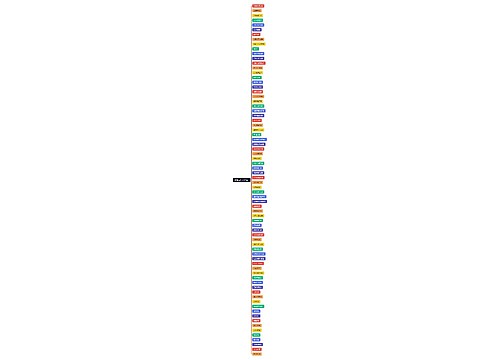
农村幼儿园利用绘本阅读开展安全教育的实践研究_副本思维导图
 U382062580
U382062580树图思维导图提供《 农村幼儿园利用绘本阅读开展安全教育的实践研究_副本》在线思维导图免费制作,点击“编辑”按钮,可对《 农村幼儿园利用绘本阅读开展安全教育的实践研究_副本》进行在线思维导图编辑,本思维导图属于思维导图模板主题,文件编号是:2000927dcd222b18fa95af52d1709af8
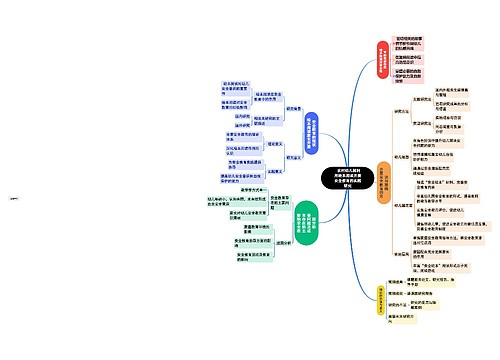
相似思维导图模版
首页
我的文件
我的团队
个人中心
